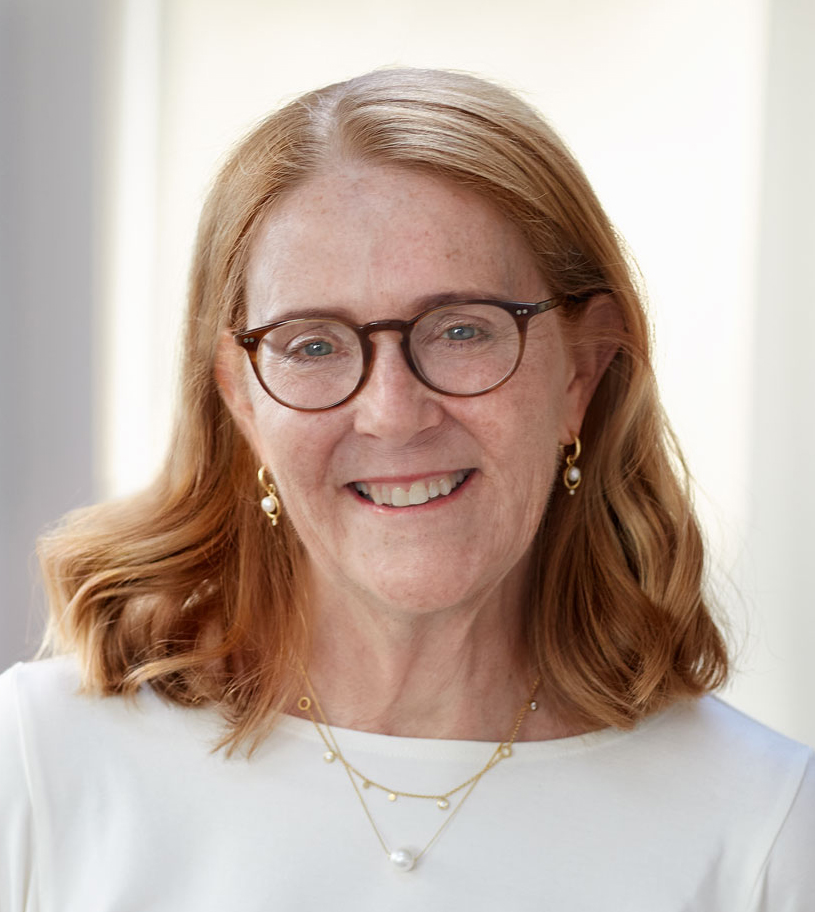Finding Your Process and Trusting It
By Virginia Pye | September 15, 2023 |
Please welcome an award-winning author of novels and short stories to Writer Unboxed today, Virginia Pye. Virginia’s short story collection, Shelf Life of Happiness, (Press 53) won the 2019 Independent Publisher Gold Medal for Short Fiction, and one of its stories was nominated for a Pushcart Prize. Virginia’s debut novel, River of Dust, (Unbridled Books), was an IndieNext Pick and a 2013 Finalist for the Virginia Literary Award. Her second novel, Dreams of the Red Phoenix, (Unbridled Books), was named a Best Book of 2015 by the Richmond Times Dispatch.
Her latest novel, The Literary Undoing of Victoria Swann, will be published by Regal House Publishing in October.
“How could I not fall in love with Victoria Swann, the wildly successful lady author who is determined to escape her best sellers? Although she never leaves Boston, Victoria’s story is as full of dangers and dragons as one of her novels. Surely all readers will want to find the bookshop where she works and join the Swann bookclub? The Literary Undoing of Victoria Swann is a captivating and delicious novel.” —Margot Livesey, author of The Boy in the Field
Virginia graduated from Wesleyan University and holds an MFA from Sarah Lawrence College. She has been a Tin House Summer Workshop Scholar, an assistant at the Virginia Quarterly Review Conference, and a repeat fellow at the Virginia Center for the Creative Arts. A prolific writer, her essays have appeared in The New York Times, LitHub, The Rumpus, Huffington Post, and the Cleveland Plain-Dealer, as well as numerous literary magazines. She is Fiction Editor for Pangyrus, a literary journal based in Cambridge, Massachusetts, and a board member of the Women’s National Book Association, Boston Chapter. She’s taught writing at New York University and the University of Pennsylvania, and, most recently, at GrubStreet’s Muse and Marketplace Conference in Boston.
You can learn more about Virginia on her website, and by following her on Instagram, Facebook, and Twitter.
Every novel requires its own writing process. Over the years, I’ve distilled that process down to certain elements, even if it varies with each new book. The key thing my process shares across the many drafts is what I bring to the work as a long-time reader. Reading helps me know what’s needed in terms of story, character, voice, and plot. Each writer must find what helps with the excavation of each novel—because that’s what we’re doing: digging out from rock the gem that will finally be a book.
But how to start? Many authors find the inspiration for a novel in a nagging question. An idea they can’t stop chewing over. My thoughts can coalesce around a place, a setting—real or imagined—and a character in trouble. I let my imagination dwell there with no urgency to begin writing. I read novels, non-fiction, and watch movies set during the same time or place as the story I’m considering. Many writers avoid this, thinking they’ll be overly influenced, but I’m curious what my reader will expect from my story based on what they already know. I want to understand our common assumptions, including the stereotypes, so I can avoid them, but also play off them.
I start to invent challenges that my main character might face. This is where the fun begins. I love making up crazy plot ideas. I jot them down in a notebook or on scraps of paper. I wake at 4 a.m. with a wild twist in mind. I imagine my protagonist encountering all sorts of difficulties, most of which will never appear in the final novel. Her personal qualities emerge as I throw her into dangerous waters, whether actual or emotional. I’m still not writing scenes, but notes-to-self. I decide she would fight back if her husband said he’s leaving her. She would stay behind with her son as the last boat leaves the harbor.
On three-by-five cards, I mark chapter numbers, just the first few, not a whole book’s worth. On each card I write a rough idea of what might take place—the basics of setting and the movement of the story. An opening scene has bubbled up in my mind and through a process of elimination, it outlasts other wrong ideas. It’s time to finally put fingers to keyboard and write.
What does this have to do with how you should start writing your own novel? Possibly very little. But I offer these details of “my process”—which I put in quotes because it’s inevitably different with each book—to show the imprecision of the practice of novel-writing. If I stumble on a great idea while brainstorming, the book will veer off in that direction until it’s no longer the book I thought it was going to be. I’ll turn over the index cards and start again.
The notion that I know what I’m doing because I’ve written other novels seems laughable—though in a way I do, because what I know without a doubt is that this is how it goes: with each novel, I must find my path through the thicket. And yet, with each book comes greater confidence that the task can be done, though how exactly remains unclear.
I’ve read writing books that suggest novelists should follow a similar roadmap to screenwriters, making our stories conform to a shape everyone agrees is successful. We’re to create arcs that fit into set page allotments and build structure in expected ways. Those sorts of suggestions may work for some writers, but for me, the creation of a novel is organic.
But I do think that both writers and readers have expectations of how we should feel by the end of the first section, in the middle, at the culmination of a story, and finally, its denouement. Such shared understandings come more from reading novels than from writing them. When writing, I try to follow my readerly instincts, which rarely lead me astray.
In the end, each novel is a culmination of all the novels a writer has read and all the many drafts she’s left behind. When I hold one of my published books, I know what I’m really holding is the result of deleted scenes, characters who were cut, and storylines dropped. After each finished novel, I have packing boxes full of typed drafts and innumerable computer files that were crucial in making the final story. So many pages written and edited alone, and with the help of fellow writers and publishing professionals. My novels that weren’t accepted for publication probably should have jettisoned more and been revised more thoroughly. I didn’t hang in there long enough with those books to finally get them right.
It takes a great deal of patience and fortitude to engage in a living process such as novel writing. I hope you find your way to a finished book whatever your process may be. And while you’re trekking alone on your unique path to your finished novel, pounding away for days, weeks and years, just know that other novelists are alongside you on their own novel’s mysterious path. Stay with it. Trust it. Make it your own.
What have you learned about process on your journey? The floor is yours.











Thank you for sharing your process, Virginia. Many parts of it feel very familiar to me, and I also love the fluidity you describe. No two stories will respond to the same formula. Reminds me of raising children! I agree with you as well about reading around your story settings. “I want to understand our common assumptions.” Brilliant. Thank you!!
Like you, reading is where I start. I try to write what I think I’d want to read. Then when I’m finally reading it without feeling the need for big changes, I get scared. “Is this a story? Really? Is it any good?” Just to be sure, I go back to those writers who offer guidelines for structure. What needs to happen? By when? What’s missing? What’s not strong enough? What have I included that No One needs to read? Ever!
I’m a believer that art is never finished; it’s abandoned. I don’t count the number of passes I make through it. I wouldn’t dare call them drafts. When I don’t know what else to do, I look for beta readers. When I’ve incorporated those things they suggested that I would never have thought of but that feel right, and I don’t know what to do with it next, I get professional help, an editor.
I’ve never thought of my process like this. Thank you very much for provoking it.
This is just what I need right now: the reminder that “with each novel, I must find my path through the thicket.” It always seems like the next book *should* be easier to write, and yet it requires the same inefficient process. “And yet, with each book comes greater confidence that the task can be done, though how exactly remains unclear.”
I also appreciate the reinforcement that writing novels is not and never will be formulaic, at least for me (and you).
Thx!
Congratulations on your novel! Margot Livesey is a favorite author, THE BOY IN THE FIELD one of her best. Those of us who “live” with our novels, find writing a pleasure, and what I have often called “the joyful burden”…Thanks for sharing your success. Writers must have patience and fortitude. And you did, you succeeded.
Both the post and the comments make me feel better. This is the way I work, too. Congratulations on your success with the “thicket” method, Ms. Pye.
Congratulations Virginia!!! I enjoy reading about process. It’s funny how every book has something new to teach me. Never a dull moment. I do wish it were easier.
I find your words inspiring, especially the part about other writers on their own individual paths too. “Make it your own.” Yes! Thank you.